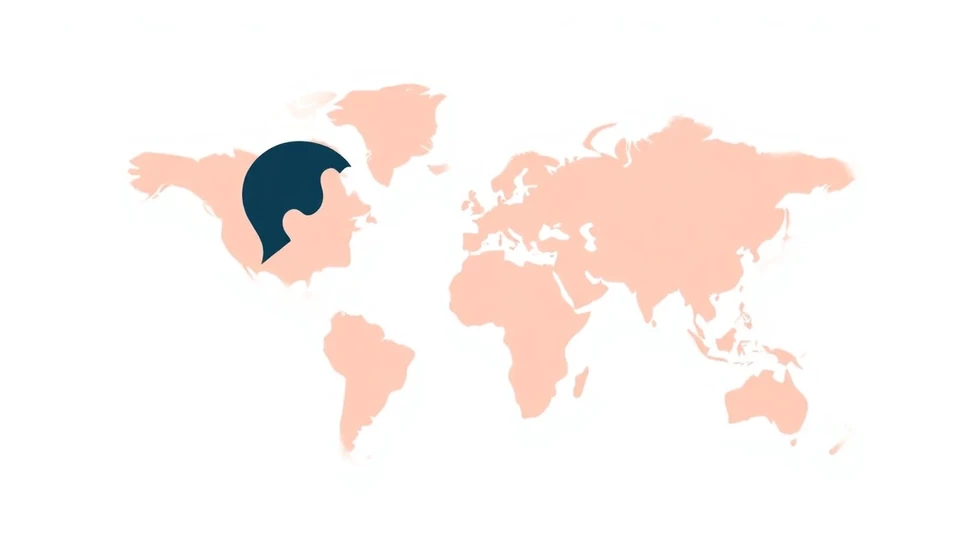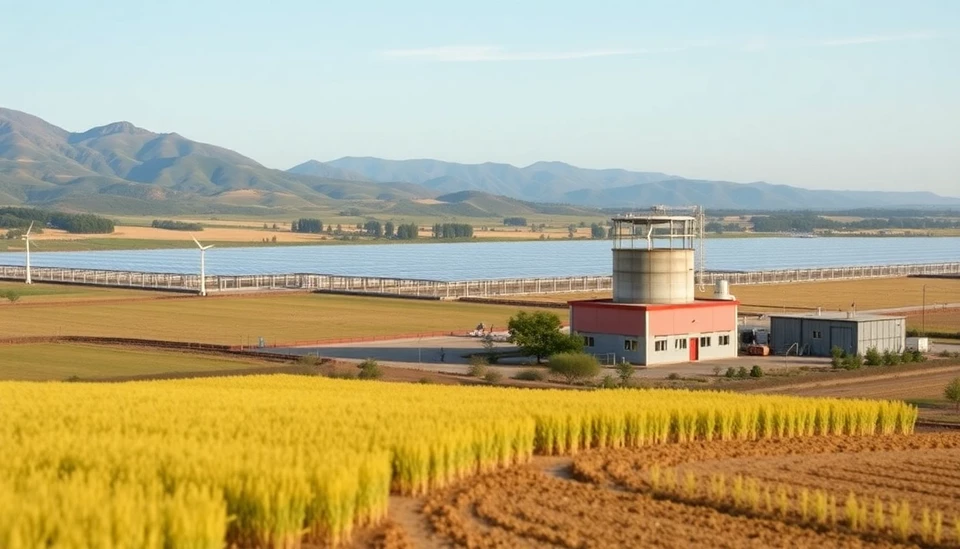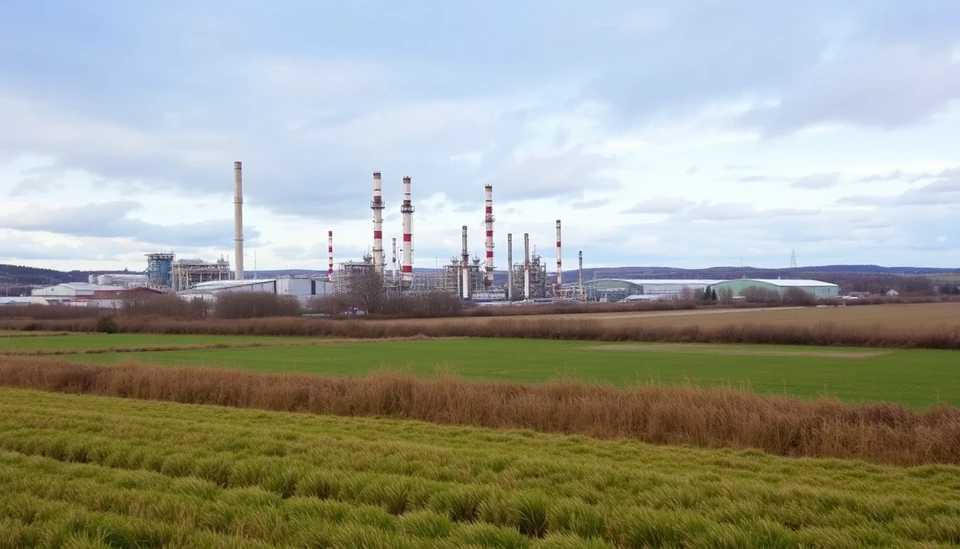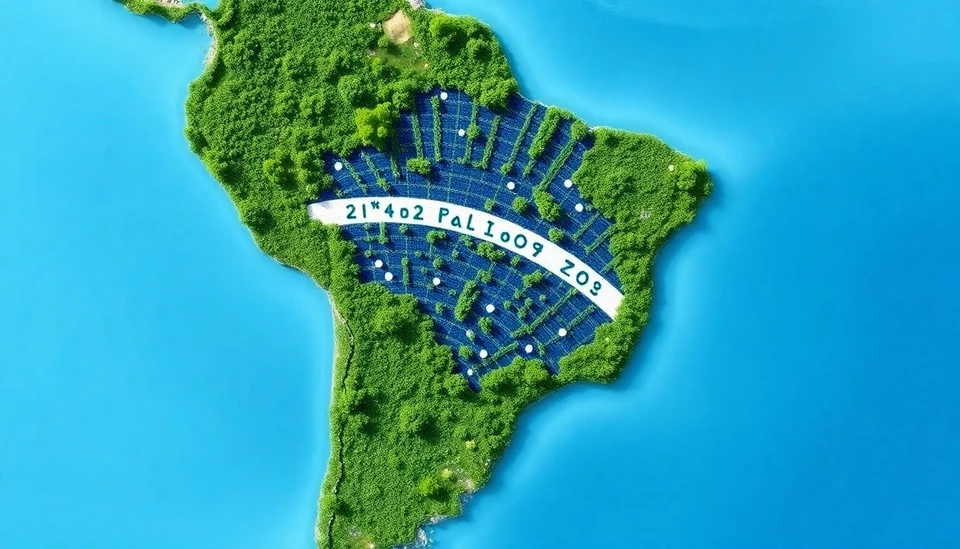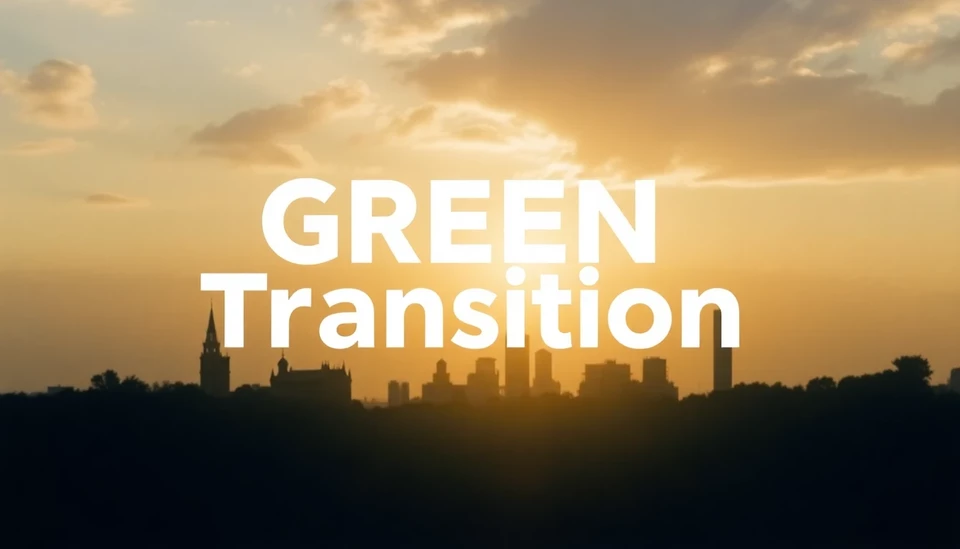
Despite various obstacles, Europe’s transition to a greener economy remains steadfast and unwavering. The recent developments in the region signal a strong commitment to sustainability, showcasing the resilience of its policies even amidst fluctuating economic conditions and political uncertainties.
As nations grapple with the ramifications of climate change, Europe finds itself at the forefront of global efforts to combat environmental degradation. The European Union (EU) has placed a renewed focus on achieving ambitious climate targets, mainly driven by commitments set forth in the European Green Deal. This monumental policy framework aims to make Europe the first climate-neutral continent by 2050, pushing member countries to ramp up their investments in renewable energy, energy efficiency, and sustainable modes of transport.
However, the road to this greener future is laden with complexities. The ongoing energy crisis, compounded by geopolitical tensions and economic pressures, has raised questions about the pace at which Europe can transition away from fossil fuels. Energy prices have surged, prompting governments to reconsider how they supply energy while still championing environmental goals.
Nevertheless, recent government investments and innovative strategies reflect a determination to overcome these challenges. Nations across Europe are diversifying their energy sources, seeking to bolster the capacity for renewable energy generation. Wind and solar energy projects continue to receive substantial backing, highlighting an enduring commitment to reduce carbon emissions and transition from fossil fuel reliance.
Moreover, the private sector is also playing a crucial role in this transformation. Companies across various industries are increasingly adopting sustainable practices, transforming their operations to align with environmental objectives. This shift is often driven by rising consumer demand for green products, alongside regulatory frameworks that encourage corporate responsibility.
A significant part of Europe’s green initiative also focuses on enhancing infrastructure to support sustainable transportation options. Investments in electric vehicle (EV) charging stations and public transport systems are gaining traction, aimed at reducing carbon footprints while promoting greener alternatives. Urban planning strategies are adapting to prioritize walkable cities and improved public transport access, further solidifying Europe’s dedication to an environmentally friendly future.
The transition is not merely about technology or investments; it includes a cultural shift towards sustainability. European citizens increasingly embrace sustainable lifestyles, demanding that their governments act decisively on climate policies. Grassroots movements and civic engagement play pivotal roles in influencing policy changes, demonstrating that the push for a greener future is a collective endeavor.
In summary, while Europe may face significant challenges on its journey toward a sustainable economy, the determination to remain on course is evident. By fostering innovations and galvanizing community support, Europe is not only navigating the complexities of this transition but actively redefining what it means to be environmentally conscious in a rapidly changing world. The commitment to a greener future appears more resolute than ever, showcasing Europe's potential as a leader in global sustainability efforts.
#GreenTransition #Sustainability #Europe #ClimateChange #RenewableEnergy #EnvironmentalPolicy #ElectricVehicles #GreenDeal #EcoFriendly
Author: Megan Clarke
